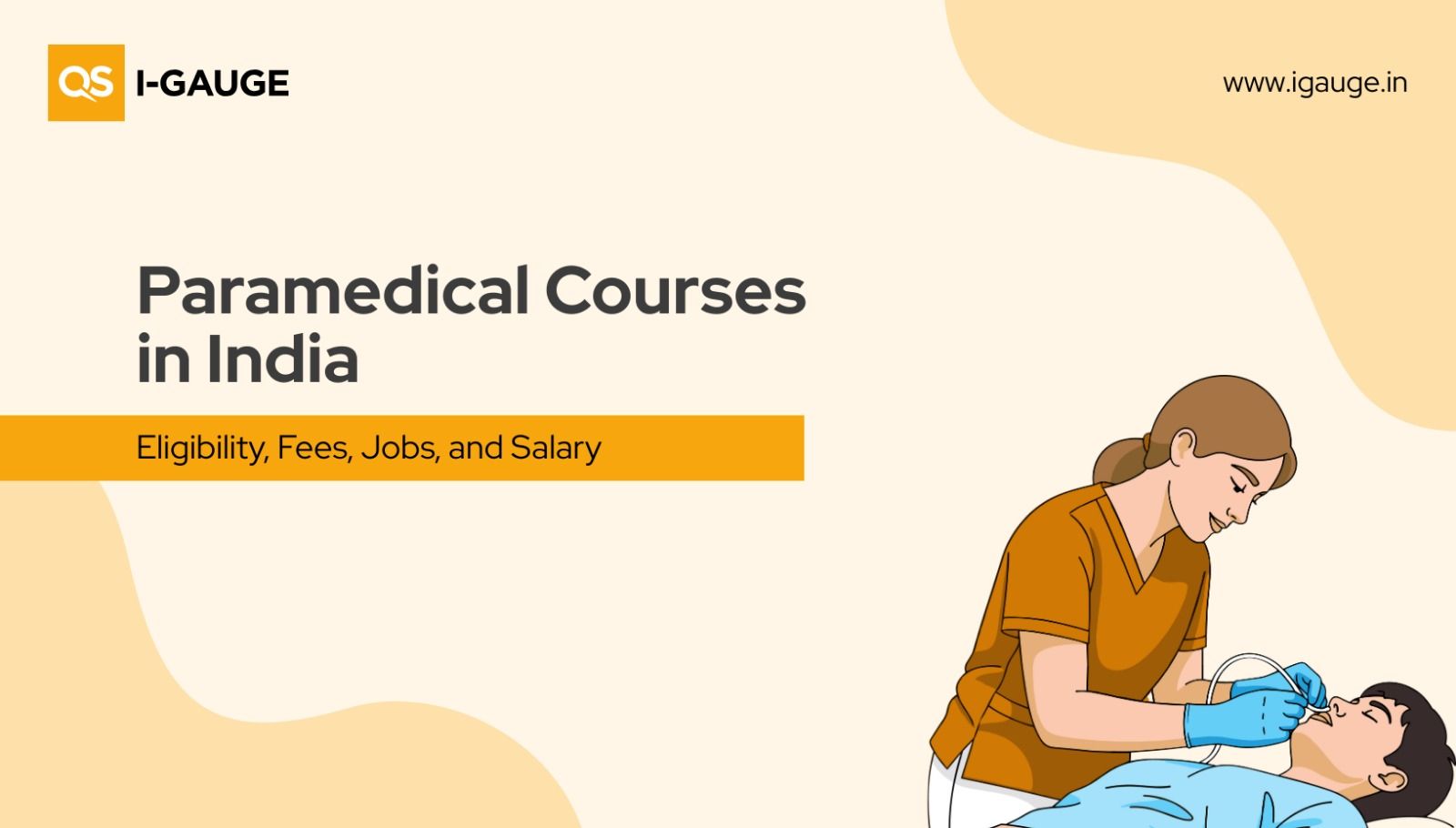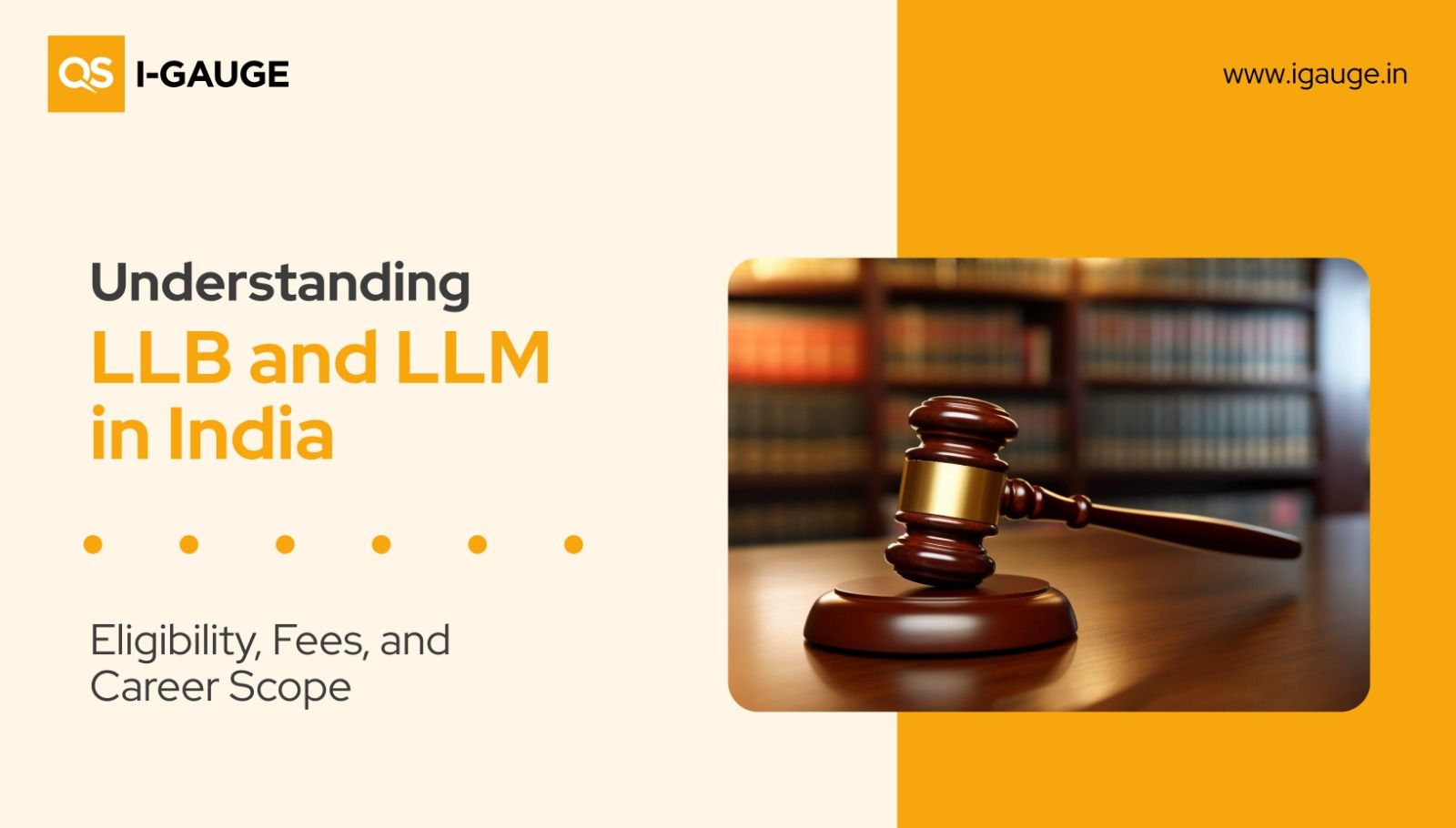
To benefit our students’ community and other stakeholders, the following write-up attempts to bring striking happenings across Indian Education lately. This article serves as a primer for the news articles published in the print/digital media (sources to these news articles are linked below).
UGC amends distance learning guidelines to attract more foreign students
New Delhi: University Grants Commission (UGC) has amended its open and distance learning guidelines to encourage more foreign students to enrol in UGC-recognised online programmes through Ministry of External Affairs (MEA) driven projects.
UGC chairperson M Jagadesh Kumar said that under the 2020 regulations, ‘Passport’ was the only identifier for International students. “MEA observed that many applications were being rejected due to either submission of expired passports or non-submission of passports. Accordingly, MEA requested UGC to consider ‘any national Identity with a photograph’ and be exempted from the mandatory requirement of a Passport to secure admission to the Indian University under the e- VidyaBharati (tele-education) project”.
The MEA offers scholarships to African students under the Centre’s e-VidyaBharati project. The project aims to offer at least 15,000 scholarships to African students over 5 years. The UGC recognised/entitled Online Programmes are offered on the e-VidyaBharati Portal and the students are admitted through MEA.
Mr Kumar said that the amendment will only apply to students enrolling on UGC platforms through MEA. “This Amendment is expected to improve the number of enrolments of the International learners in online programmes,” he added.
Tamil Nadu & Delhi host most of the Outstanding Higher Education Institutions in India
New Delhi: As the much-awaited, Union Government - Ministry of Education lead National Institutional Ranking Framework (NIRF) 2022 was released lately, the Ranking list throws light on the current Higher Education scenario in terms of concentration of high-quality universities and colleges pan India.
As per 2022 rankings besides Delhi, It is South India that has dominated higher education in terms of hosting excellent universities and colleges. The data considered for the analysis is the top 100 institutions that found a place in each of the 3 major categories (overall, universities and colleges) in the NIRF list. The state of Tamil Nadu emerged as the top state by hosting around 24 per cent of the top 300 colleges and universities followed by Delhi which hosts 15 per cent of HEIs. Both Tamil Nadu and Delhi host 71 and 45 HEIs respectively.
Among the top 100 in the overall category, Tamil Nadu tops with 18 institutions, followed by Maharashtra 12, Uttar Pradesh 8, Delhi, Karnataka, and Punjab each having 7 institutions. When it comes to the top 100 Universities category, Tamil Nadu has as many as 21, followed by Maharashtra 13, Karnataka 12, Delhi, and Uttar Pradesh have 6 each. However, a major factor to notice is the college category. Tamil Nadu and Delhi host as many as 32 colleges each among the top 100 followed by Kerala at 17, West Bengal at 7, and Maharashtra at 3.
UGC launches new educational portal to deliver UG and PG digital courses to rural students
New Delhi: As part of its efforts in making higher education accessible to all, University Grants Commission (UGC) has been constantly working on making digital resources available to students in English as well as regional languages. Recently, UGC and the Ministry of Electronics and Information Technology (MeitY) collaborated to integrate UGC e-resources with their Common Service Centres (CSC) and Special Purpose Vehicle (SPV) Centres, enabling last-mile connectivity."
The idea of this new portal is that different kinds of e-resources will now be available on one single portal and students can just walk into any CSC in the country to access these courses. In addition to English, the following courses are also offered in 8 other Indian languages: Hindi, Marathi, Bangla, Gujarati, Telugu, Malayalam, Tamil, and Kannada.
The courses include Academic Writing, Artificial Intelligence, Biomolecules: Structure Function in Health and Disease, Biostatistics and Mathematical Biology, City and Metropolitan Planning and many more.
170 Punjab Govt school teachers and educators visit Delhi schools
Punjab and New Delhi: A delegation of 170 Government school teachers and educators of Punjab led by the State Council of Educational Research and Training (SCERT) Director visited Delhi Government schools recently to see the teaching-learning activities including happiness classes, an official statement said.
The teachers visited 35 Delhi Government schools and interacted with Delhi school teachers and students and also attended the class mindset curricula. While interacting with the teachers, the Deputy Chief Minister of Delhi Shri Manish Sisodia said, ”Whatever we do in the field of education today, our aim should be the upliftment of the nation. When we began working on education in Delhi, we used to have many interactions with the school teachers, and they gave us ideas for the development of the Delhi education system”.
“We are implementing the curriculum on entrepreneurship in Delhi Government schools now to develop an entrepreneurial mindset among children, but Punjab has a history of this mindset”, he added.
Kerala school children to get faster internet services
Thiruvananthapuram: The Kerala Infrastructure and Technology for Education (KITE) and BSNL have joined hands for providing 100 Mbps broadband internet connectivity in high schools, higher secondary schools, and vocational higher secondary schools in Kerala.
The present 8 Mbps FTTH (Fibre to the Home) connections in schools will now be upgraded to 100 Mbps which is 12.5 times faster. The 100 Mbps internet connectivity would benefit 45,000 classrooms in 4,685 schools included in the Hi-Tech school project, with better ICT-enabled (information and communications technology) education. As part of the Hi-Tech school project in 2018, KITE deployed laptops, projectors, USB speakers and networking in these classes.
Each school can now use up to 3,300 GB of data per month as per this plan. "This step, which is the first in the country, would indeed strengthen the initiatives of the state towards becoming a knowledge society," Minister for General Education V Sivankutty said.
Disclaimer
The views & opinions expressed in this blog do not necessarily represent those of QS-ERA India Private Limited and/or its employees, partners, shareholders, or other stakeholders.
Sources
https://www.nirfindia.org/2022/Ranking.html
https://theprint.in/india/170-punjab-govt-school-teachers-educators-visit-delhi-schools/1059734/
https://www.ndtv.com/education/kerala-school-children-to-get-faster-internet-services




